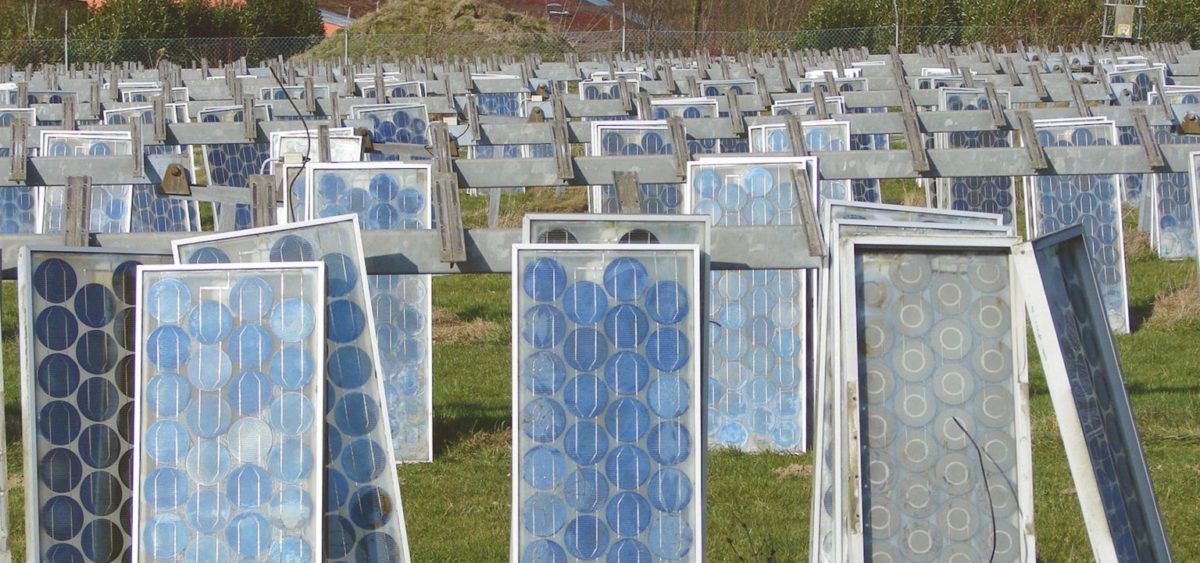Japanese PV module recycling specialist Next Energy and Resources Co Ltd, and Japan-based Japanese conglomerate Marubeni Corporation are planning to use blockchain technology in the process of identifying solar modules at the end of their lifecycle that are suitable for recycling or reuse.
The technology, which is currently being developed with the support of the Japanese Ministry of Environment and the Mitsubishi Research Institute, should be able to inspect the solar modules and provide data on the traceability and components used, as well as verifying that these data were not modified or tampered with.
The use of this transparent technique, according to Next Energy, will enable the identification of a larger amount of modules that can still be reused or recycled, which would result in a reduction of the amount of waste in landfills and, in the case of modules being reused, would also lower their carbon footprint.
No more technical details on the inspection technology were provided.
Next Energy has been active in the PV module recycling business with its ‘Reborn' set of standards since 2005. It claims to have inspected more than 140,000 used modules to date.
This content is protected by copyright and may not be reused. If you want to cooperate with us and would like to reuse some of our content, please contact: editors@pv-magazine.com.




3 comments
By submitting this form you agree to pv magazine using your data for the purposes of publishing your comment.
Your personal data will only be disclosed or otherwise transmitted to third parties for the purposes of spam filtering or if this is necessary for technical maintenance of the website. Any other transfer to third parties will not take place unless this is justified on the basis of applicable data protection regulations or if pv magazine is legally obliged to do so.
You may revoke this consent at any time with effect for the future, in which case your personal data will be deleted immediately. Otherwise, your data will be deleted if pv magazine has processed your request or the purpose of data storage is fulfilled.
Further information on data privacy can be found in our Data Protection Policy.